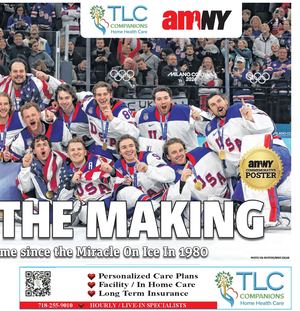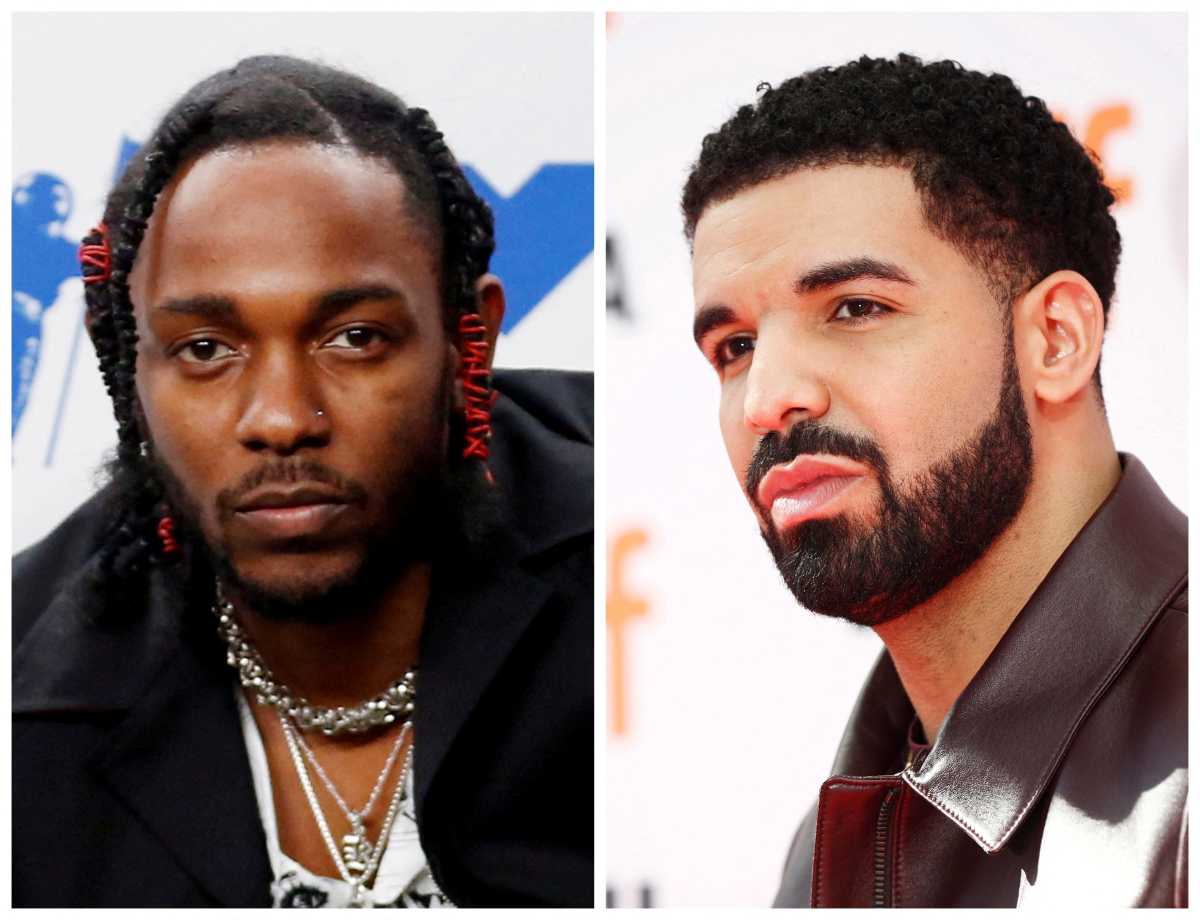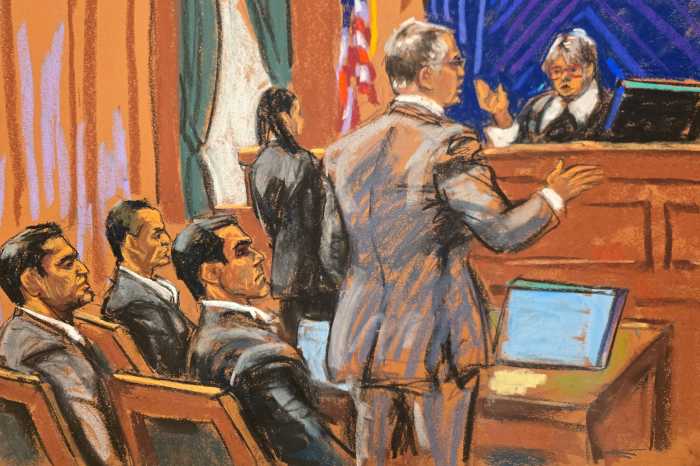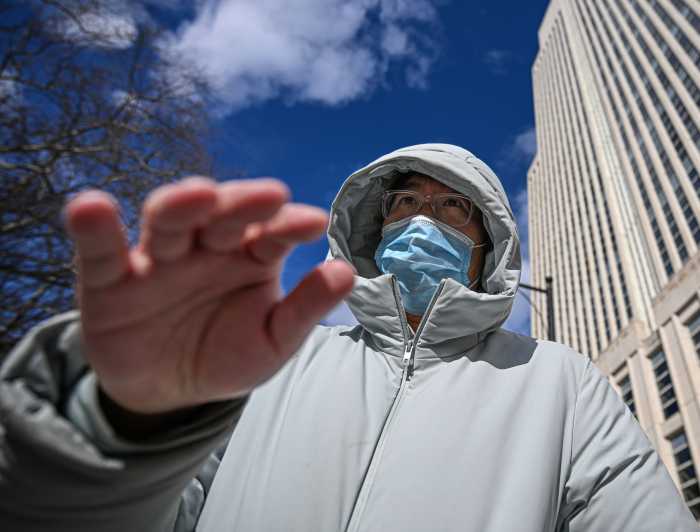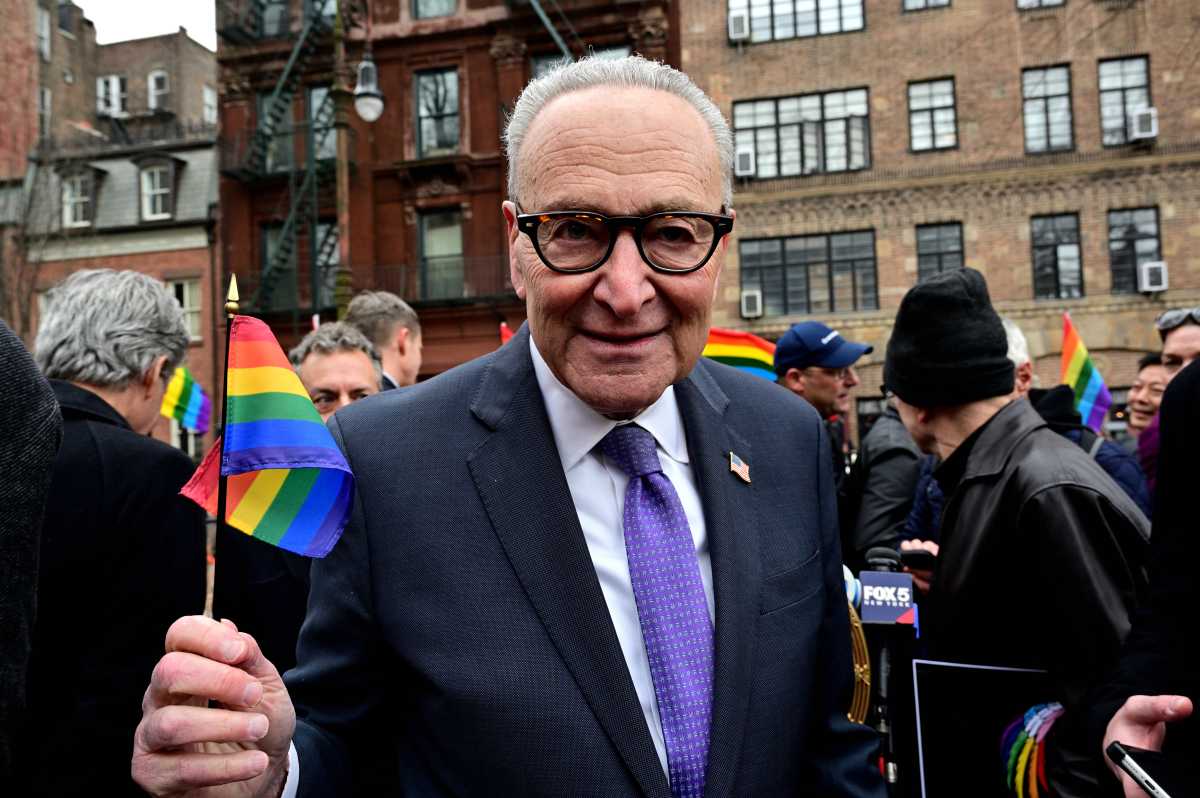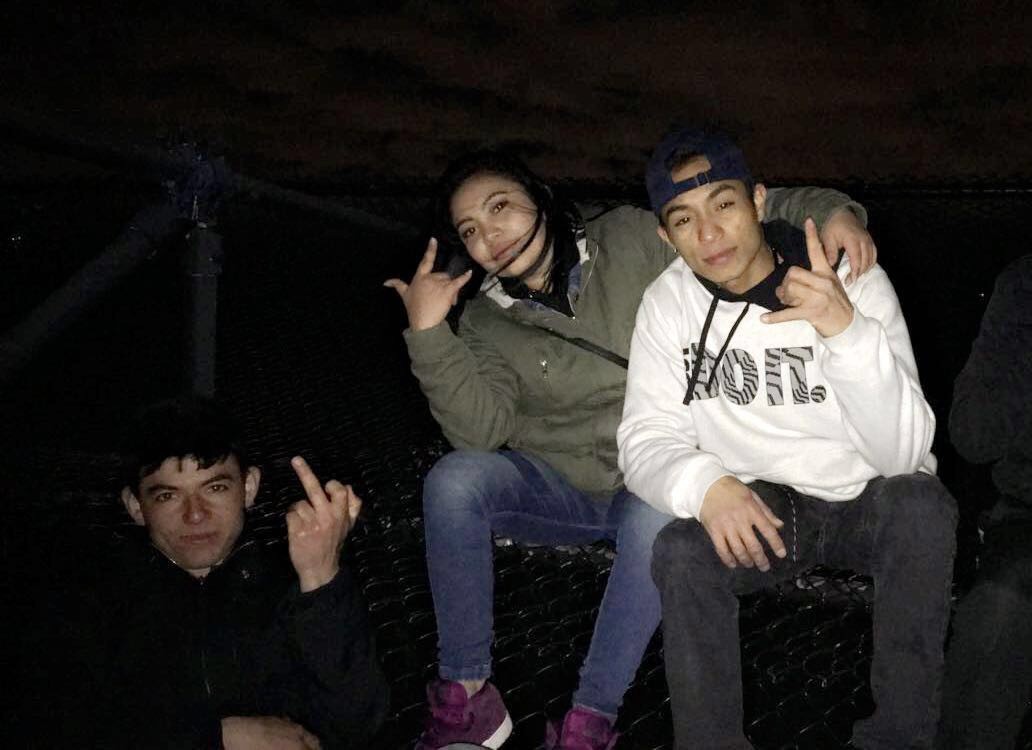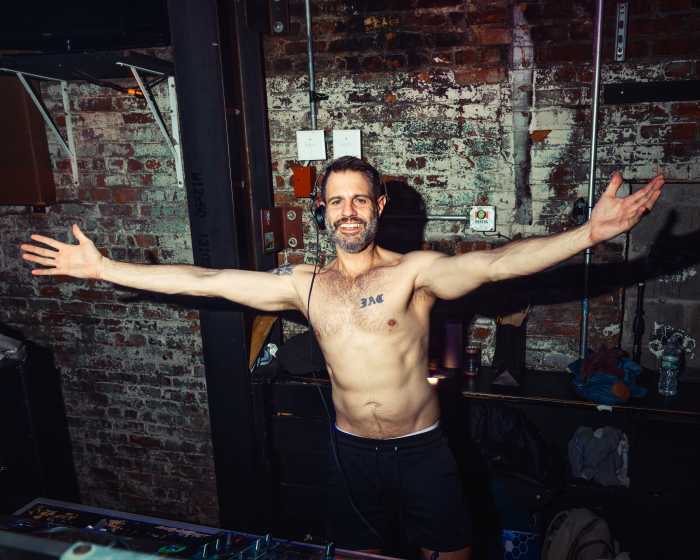Extending the legal fight over the beef that dominated music last year, Drake on Wednesday filed notice to appeal the dismissal of his defamation case against Universal Music Group.
The suit stems from the rapper’s heated back-and-forth with Kendrick Lamar, which birthed Lamar’s 2024 hit “Not Like Us.” Among other digs that Drake, whose full name is Aubrey Drake Graham, deemed slanderous, it calls him a “certified pedophile” — words broadcast to more than 130 million viewers when Lamar performed the song at the 2025 Super Bowl halftime show.
According to Drake, Universal Music Group, which has signed both rappers, published and promoted the track despite knowing the insinuation that he has sexual relations with minors were false and defamatory.
In early October, U.S. District Judge Jeannette Vargas of the Southern District of New York tossed the Manhattan federal lawsuit, finding Lamar had expressed “nonactionable opinion” in his music.
Vargas cited the 1974 Supreme case Gertz v. Robert Welch Inc.: “Under the First Amendment, there is no such thing as a false idea.”
It’s the court’s job, the judge said, to distinguish between fact and opinion, conducting its analysis through the lens of a “reasonable” listener in the overall context: a two-week feud that yielded a total of eight diss tracks between the two rappers.
“The average listener is not under the impression that a diss track is the product of a thoughtful or disinterested investigation, conveying to the public factchecked verifiable content,” Vargas wrote.
Given the venue, the judge said, “a reasonable listener could not have concluded that ‘Not Like Us’ was conveying objective facts about Drake.”
A spokesperson for Drake, who is represented by the firm Willkie Farr & Gallagher, offered a brief statement via email Wednesday.
“This confirms our intent to appeal, and we look forward to the Court of Appeals reviewing that filing in the coming weeks,” the statement said.
Sidley Austin, which represents Lamar, touted the case’s dismissal in a Friday press release.
“The case was closely watched by many in the industry as it had implications for lyrical freedom, creative expression, and the record label’s role in supporting its artists and distribution of content,” the firm said.
